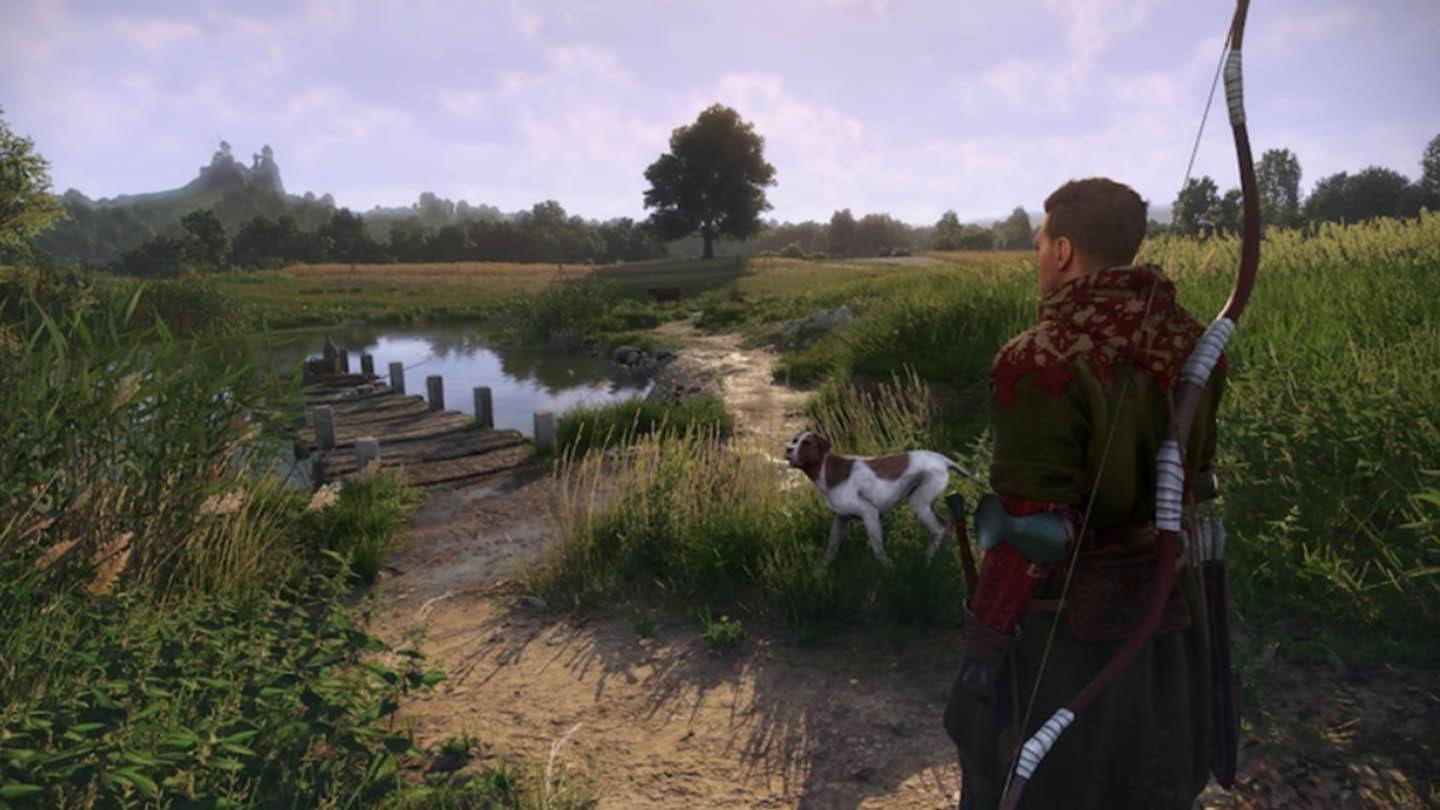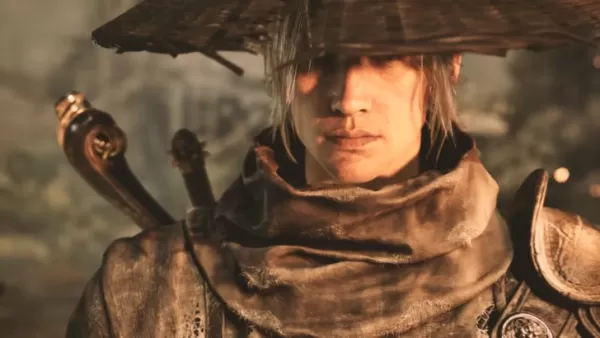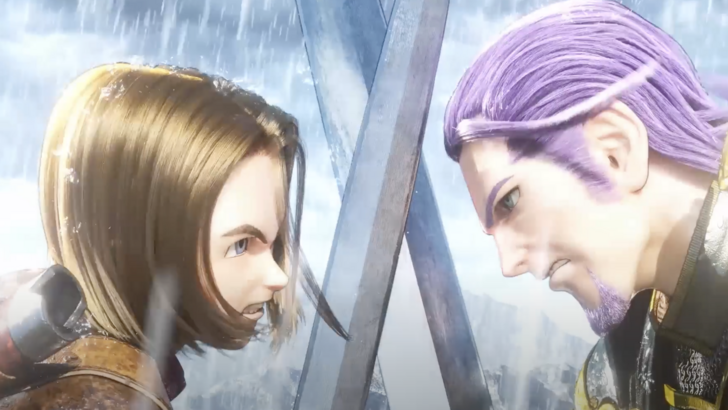Analysts on Nintendo Switch 2 Pre-order Turmoil: 'Unhinged Times' Due to Tariffs
- By Elijah
- May 06,2025
It's been a tumultuous week for U.S. gamers, marked by a whirlwind of news. The week kicked off with the much-anticipated full reveal of the Nintendo Switch 2, showcasing its impressive features and games. However, excitement quickly turned to concern when the console's $450 price tag and $80 price for Mario Kart Tour were announced. The roller coaster continued as Nintendo announced a delay in pre-orders to assess the impact of the Trump Administration's sweeping new tariffs on global trade.
We've previously discussed the reasons behind the Nintendo Switch 2's high cost and the potential effects of these tariffs on the gaming industry at large. Now, the burning question on everyone's mind is: What will Nintendo do next? Will the Nintendo Switch 2's price increase when pre-orders finally open?
Typically, when faced with such questions about the future of video games, I consult a panel of expert industry analysts. While they can't predict the future with certainty, they usually provide a well-informed consensus based on evidence and data. I've relied on their insights twice this week already. However, this time, every analyst I spoke with was stumped by the unprecedented situation. Their responses were filled with guesses about whether Nintendo would raise prices, but all were heavily caveated due to the current chaos and unpredictability.
With this in mind, here's what the analysts I spoke with had to say:
Sky-High Switch
The opinions were split. Dr. Serkan Toto, CEO of Kantan Games, initially thought it was too late for Nintendo to raise prices after their announcement. However, the delay in pre-orders has changed his perspective. He believes Nintendo will likely run simulations and announce price hikes for the system, games, and accessories. "I hope I am wrong, but if sustained, these sky-high tariffs leave them no choice. Would you be surprised now to see Switch 2 hit US$500 for the base model? I wouldn't," he remarked. Toto also questioned Nintendo's timing, wondering why they didn't wait for the U.S. to resolve the tariff situation before setting prices.
Mat Piscatella, senior analyst at Circana, echoed the unpredictability of the situation but leaned towards an increase in game prices, including those from Nintendo. He noted that the tariffs were much higher than anticipated, forcing businesses to reevaluate their pricing. "Every reasonable and responsible business that relies on international supply chains will be reevaluating its US consumer pricing at this point. They have to," Piscatella stated, suggesting that the U.S. might join regions with historically higher game prices due to these tariffs.
Manu Rosier, director of market analysis at Newzoo, predicted that hardware prices would rise, though he believed software prices might remain relatively unaffected due to the dominance of digital distribution. "If a 20% tariff—or any substantial increase—were to be introduced, it’s unlikely that companies like Nintendo would absorb the additional cost by cutting into their margins. In such cases, the burden could shift to consumers in the form of higher retail prices," Rosier explained.
Holding the Line
On the other side, Joost van Dreunen, NYU Stern professor and author of SuperJoost Playlist, suggested that Nintendo might try to avoid a price increase despite the possibility. He believes that the volatility from the tariffs was already factored into the Switch 2's $449.99 pricing. "Given the first Trump administration's impact, Nintendo, like other manufacturers, has since restructured its supply chain to mitigate such geopolitical risks," van Dreunen noted, suggesting that Nintendo might absorb or offset additional costs to maintain the announced price.
Piers Harding-Rolls, games researcher at Ampere Analysis, agreed that Nintendo would prefer to keep the announced price to avoid consumer backlash. He pointed out the challenging situation Nintendo faces with the tariffs on Vietnamese exports. "The company is now in between a rock and a hard place, having already announced the launch price," Harding-Rolls said, suggesting that Nintendo might delay any price adjustments until 2026 if the tariffs persist. He emphasized that any price change could impact the brand's image and consumer perception at launch.
Living in Unhinged Times
Rhys Elliott, games analyst at Alinea Analytics, predicted higher prices for both Nintendo hardware and software due to the tariffs. He referenced his earlier comments about Nintendo's strategy of offering cheaper digital editions in certain markets as a way to encourage digital purchases. "Nintendo might have wanted to do something similar in the US, but the tariff situation is so chaotic that Nintendo was in 'wait and see' mode — and decided to hedge its bets to see if it needed to offset the tariffs," Elliott explained.
Elliott also provided a broader perspective on the impact of these tariffs on the gaming industry, aligning with warnings from the Entertainment Software Association. He warned that the tariffs would lead to a "weaker, poorer nation," with consumers bearing the brunt of higher prices. "Some manufacturers – Nintendo included – have been shifting their manufacturing to non-tariff-impacted markets," he said, highlighting the logistical challenges of relocating supply chains. Elliott criticized the tariffs as detrimental to consumers and the gaming industry, describing the current situation as driven by "unhinged times" and "unhinged man (and other forces)." He argued that such policies contradict core economic principles of international trade.
Nintendo Switch 2 System and Accessories Gallery
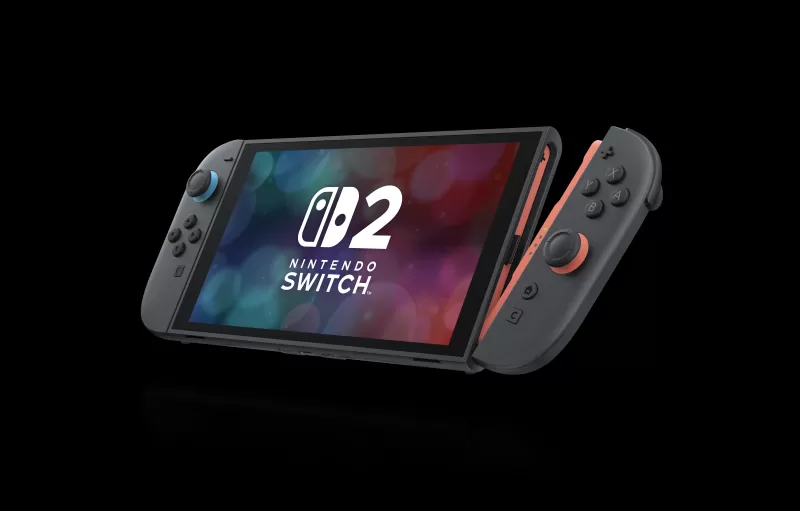
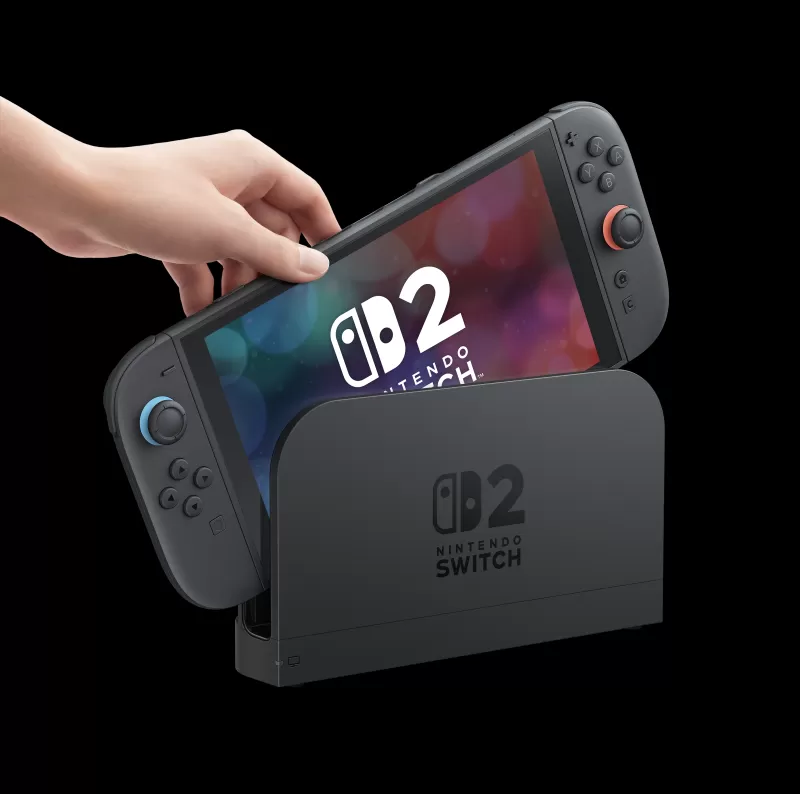 91 Images
91 Images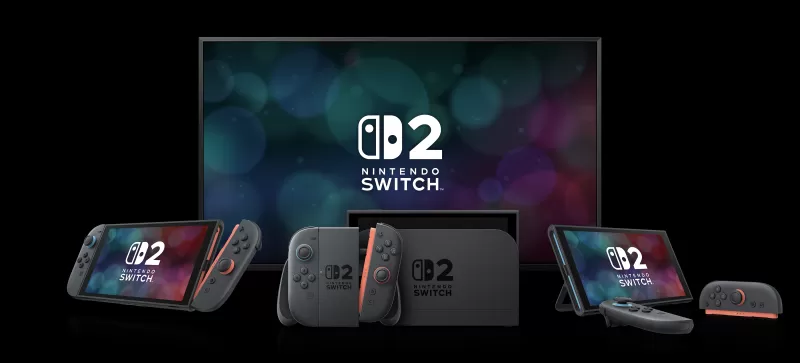
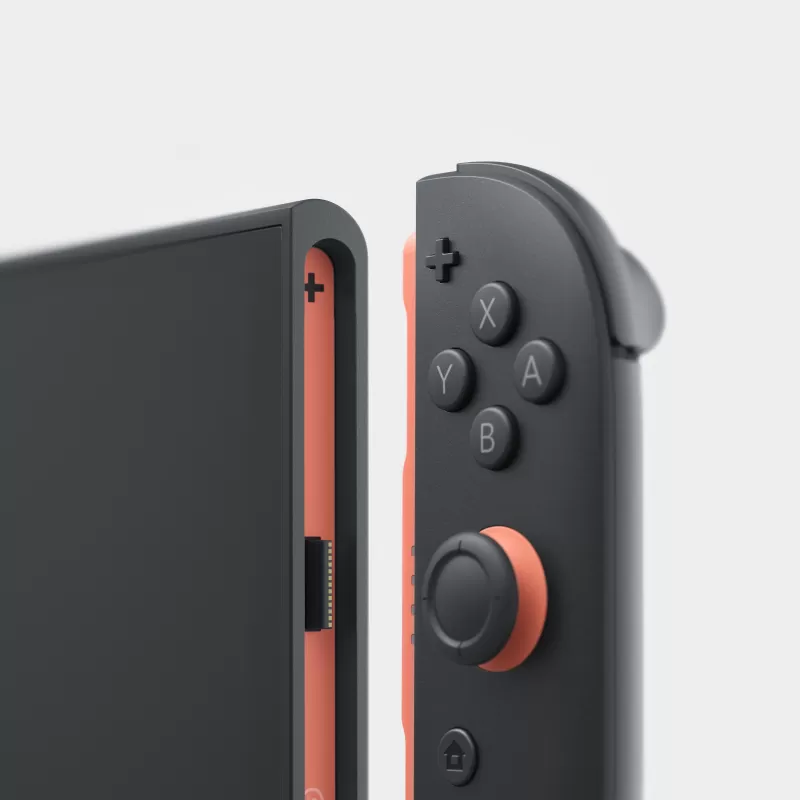
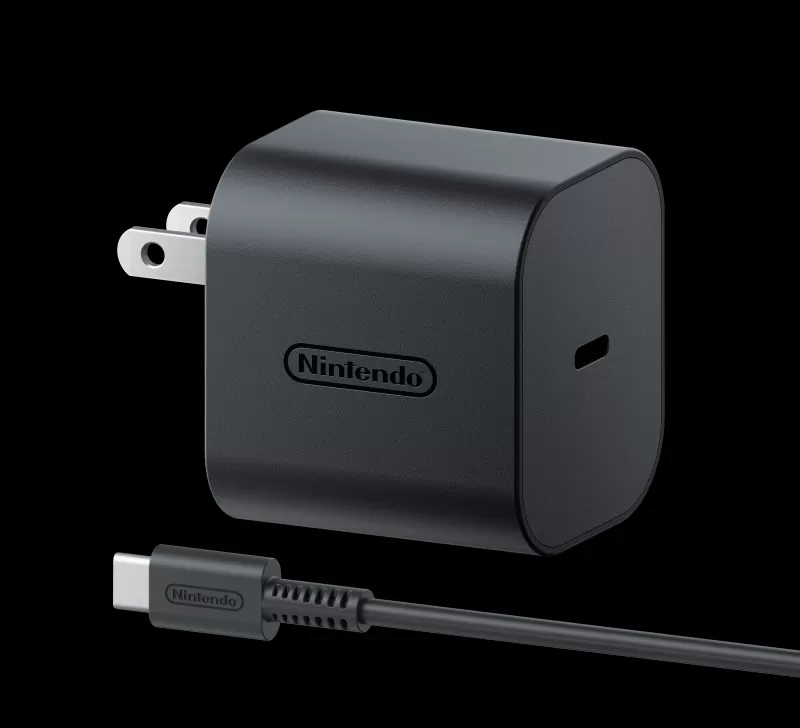
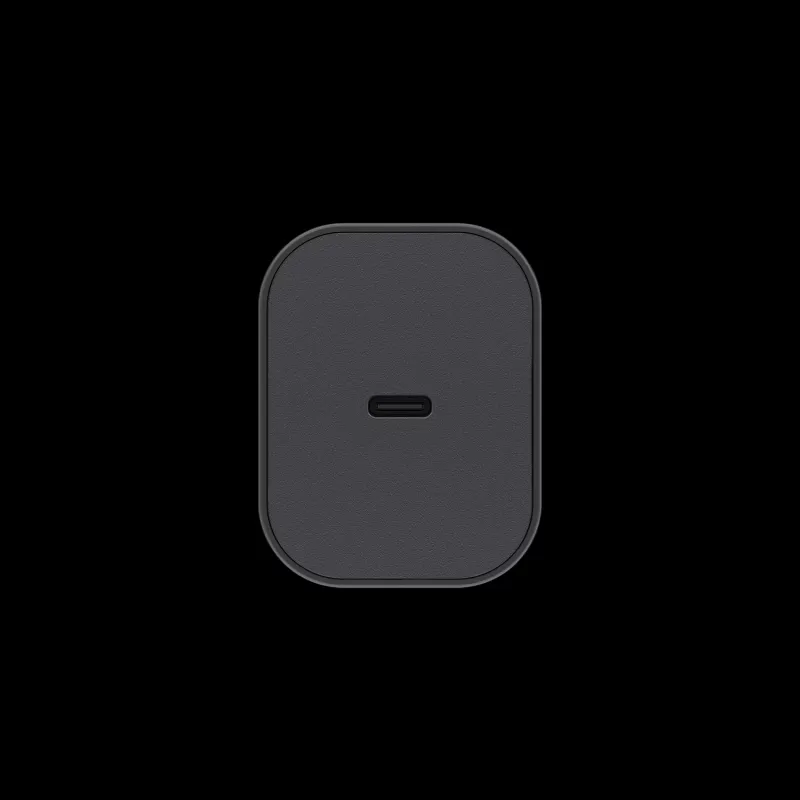
Latest News
more >-

- LoL First Stand 2025: Why It Matters
- Dec 26,2025
-
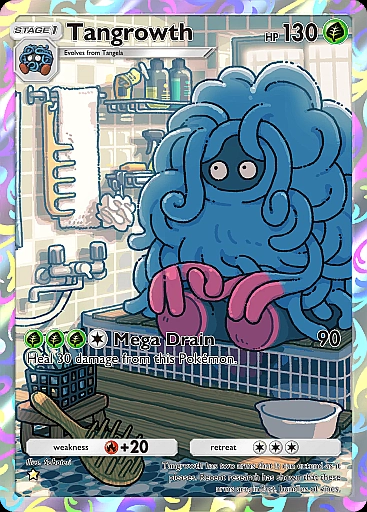
-
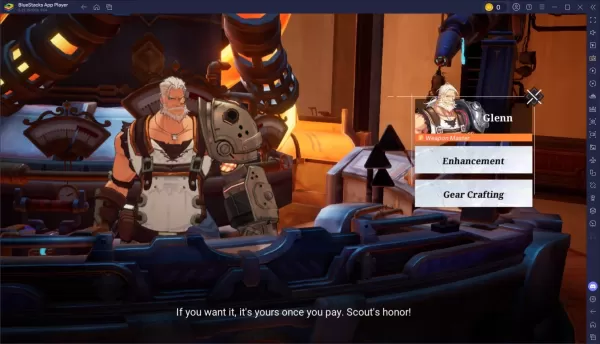
- Atlan Crystal: Boost Gear Quality Guide
- Dec 25,2025
-
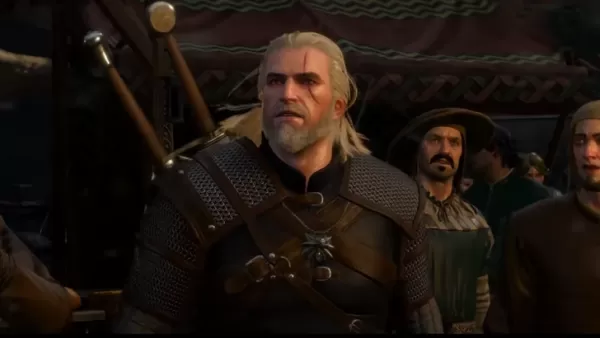
- The Witcher 3 Mod Support Patch Pushed to 2026
- Dec 25,2025
-

- Unraveling R.E.P.O.: What the Title Means
- Dec 25,2025
